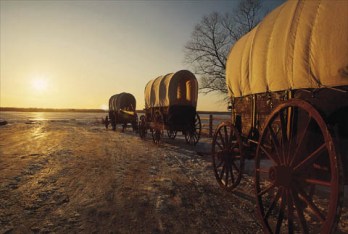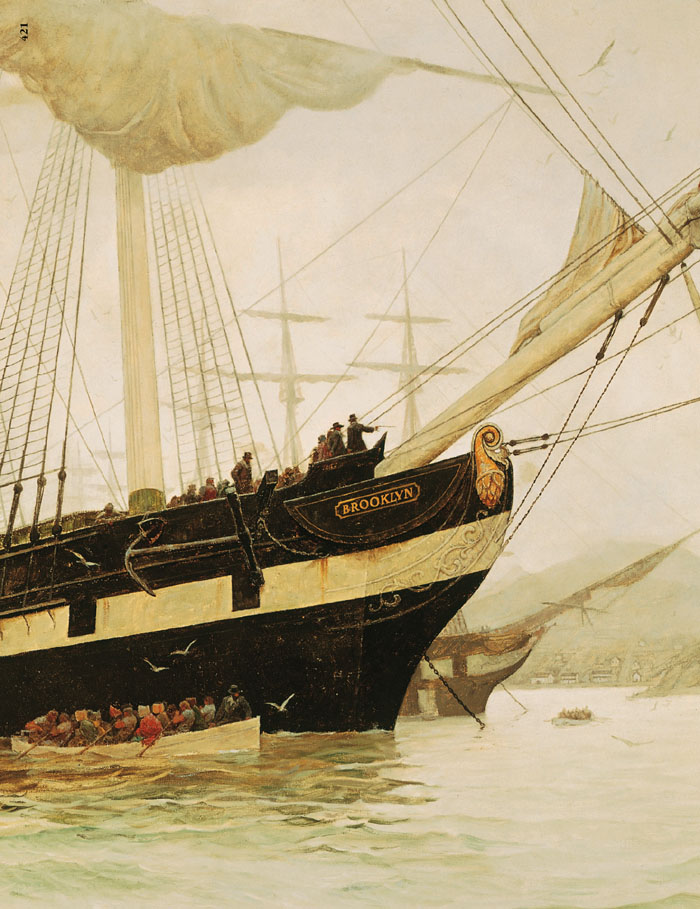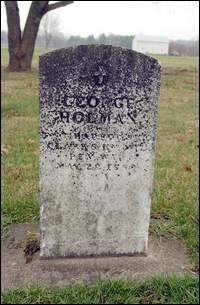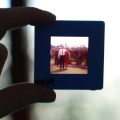I just returned from a week in Kentucky. I was visiting, for the first time, the place where my grandfather was born, and where my ancestors lived from the 1800s to the time my grandfather moved out of state. I had one week to get as much as I could from the visit.
I was helped by the fact that the town was just over two square miles total and everyone is pretty much related, one way or another. Because of this, the town boasted a wonderful genealogy library and historical society. I planned to center my week around that library.
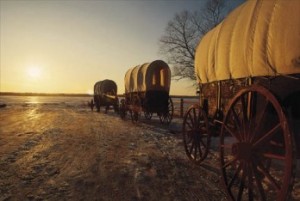 Because time was limited, I spent mornings at the library using their books and materials, afternoons searching out graves, and evenings using the internet to answer questions that arose during the mornings or to organize the findings and prepare for the next day. It was only technically a vacation, since I put in very long hours.
Because time was limited, I spent mornings at the library using their books and materials, afternoons searching out graves, and evenings using the internet to answer questions that arose during the mornings or to organize the findings and prepare for the next day. It was only technically a vacation, since I put in very long hours.
I had warned the historical society I was coming and they’d already started pulling materials for me when I arrived. If you’re going to be taking a lot of someone’s time, this is a courteous thing to do. A researcher went over my pedigree chart to see how it looked, since I was concerned that the large number of similar names, cousin marriages, and a fondness for nicknames might have led me off track. She decided I was correct, but we identified an area of concern and decided to focus the week on one particularly complicated family. We wanted to be certain all the children were matched to the correct mothers, since there were four women in the father’s life. This was an area the library knew less about, so research was required.
Following are tips for getting the most out of a similar visit:
Begin with a plan. Even if you change it later, it helps to have something organized so you can go right to work and so your traveling companions can make their own plans for the time.
Try not to spend every moment holed up in a library somewhere. One reason for traveling to the actual location of your ancestors is to soak up the world in which they lived. Walk around and try to picture what it looked like in those days. Stand at the cemetery and picture your ancestors gathered there for the funeral. Find an old home and picture someone living in it. Listen to the way people talk and live and try to find connections to the past. Learn the accents. (This helps with translating records. A census taker writes things as he hears them, and the local accent will impact that.
Visit historical sites related to the time period in which your ancestors lived. This will help you have a more realistic understanding of their lifestyle and the challenges they faced. It’s one thing to sit at home and read a book about the Civil War. It’s another to stand where it happened and realize your ancestors could hear the gunshots. How did they feel? How did it change their day to day lives? Was this something that affected them? Even if you don’t have a soldier, a war that is happening on your home territory is going to impact your life. Stand still and picture it all.
Be courteous of the time of those helping you. The first day, I took a fair amount of the researcher’s time. After that, I did more of it myself, and she wandered over with suggestions or to add books to my pile as she had time. Other people who came in also asked who I was researching and offered to help. I think half the town was searching for me by the time I left. I tried not to get in the way, however, since it wasn’t just a genealogy library, but the tourist center and the historical society and they were getting ready for a major event.
Don’t do anything in the research facility you could do elsewhere. I saved the internet work for the evenings in the hotel. While in the library, I used the books I couldn’t get at home, which were one of the reasons for traveling onsite.
Pay attention to the materials they sell. I waited until the end to buy most of my materials, and then took the ones I turned to most often. I noted others I want to buy in the future, now that I’ve seen them and know how helpful they are. If you’re going to buy a book, don’t spend too much time with it in the library. Devote your time to materials that are unavailable when you go home.
Meet the people. You can’t learn the culture unless you meet the locals. Go where they are and talk to them. Especially seek out older residents and listen to them.
Express appreciation to those who help you. We brought in a large fruit basket the last day, to be shared by the people in the library and working in the historical village on the grounds. I took a lot of their time and wanted to be sure they knew it was appreciated.
If you’re working in a genealogy library, send the results of your research to them. I am currently compiling everything we found and adding to it what I can gather at home. I will put it in a folder and send it to them. They collect these, and the next person who needs my difficult line will have a lot of the work already finished for them. Be sure to include your sources and your contact information.
About Terrie Lynn Bittner
The late Terrie Lynn Bittner—beloved wife, mother, grandmother, and friend—was the author of two homeschooling books and numerous articles, including several that appeared in Latter-day Saint magazines. She became a member of the Church at the age of 17 and began sharing her faith online in 1992.

